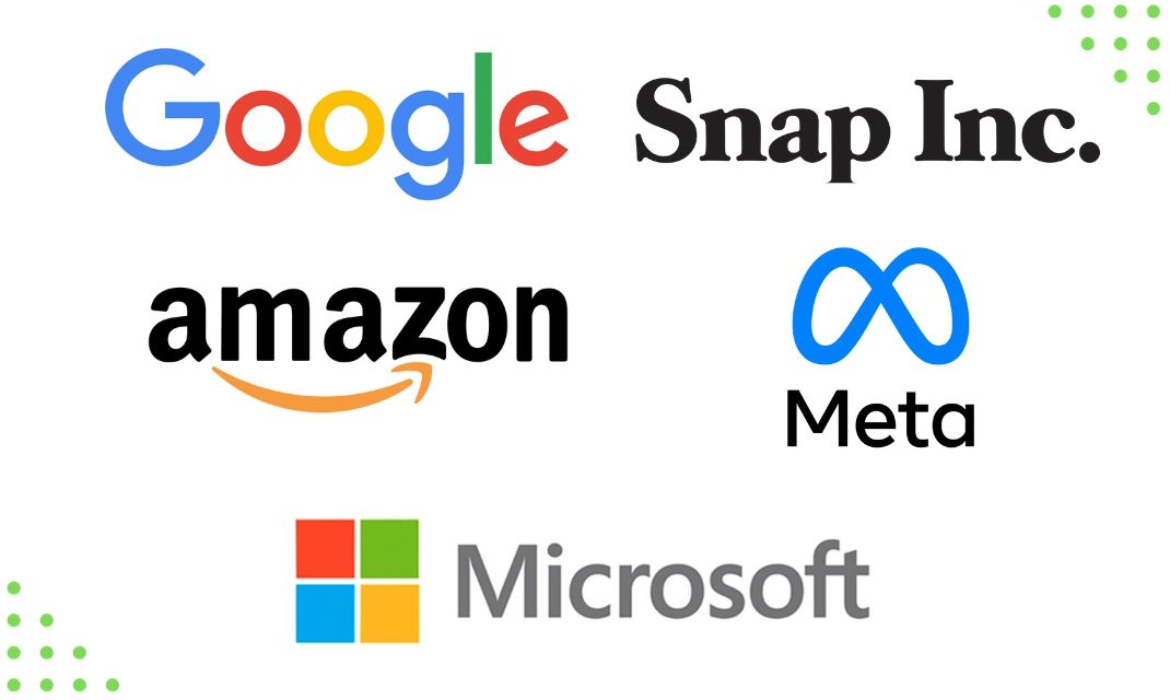The European Union’s (EU) Digital Markets Act (DMA) has officially taken effect, marking a significant shift in the regulatory landscape for major digital companies, particularly those from the United States. The legislation is designed to address concerns related to anti-competitive practices and promote fair competition by targeting “gatekeepers” – companies with substantial market influence. This includes tech giants such as Alphabet, Amazon, Apple, Meta, Microsoft, and China’s ByteDance.
The DMA brings about stringent regulations for these gatekeepers, defined by a market capitalization of at least 75 billion euros ($81.7 billion) and a platform with 45 million monthly active end users in the EU. The overarching goal is to foster a healthier competitive environment by preventing these companies from unfairly favoring their own services over those of competitors.
How will DMA affect the ‘Tech Giants’?
One notable change under the DMA is the requirement for companies like Google to offer alternatives to their services. For example, Google can no longer enforce its search engine as the default on Android phones during the device setup. Instead, users must be presented with alternatives like DuckDuckGo or Ecosia. This move aims to diversify options and mitigate the dominance of major players.

Additionally, messaging apps, including Facebook Messenger, are mandated to ensure interoperability with third-party messaging services. This means users should be able to message individuals using alternative platforms seamlessly. Such measures aim to break down silos and open up communication channels, providing users with more choices.
Companies with significant positions in app distribution, such as Apple, are required to allow competing apps on their platforms. In a groundbreaking move, Apple, for the first time, has been instructed to permit alternative app stores on iPhones. This decision comes on the heels of a substantial fine of over 1.8 billion euros ($1.96 billion) imposed by the EU for breaching competition rules related to the App Store.
The fine underscores the seriousness of the EU’s commitment to enforcing the DMA. Companies found in persistent breach of the law may face fines up to 10% of their global annual revenues. The implications for Apple, a giant in the tech industry, could be a harbinger of what lies ahead as DMA enforcement gains momentum.
What will change for citizens in the European Union?

For EU citizens, the DMA has already resulted in visible changes in how tech giants operate in the region. Apple’s decision to open its iPhone and iPad to alternative app stores is a response to the evolving regulatory landscape.
However, discontent persists among app developers, including Microsoft, Spotify, and Epic Games, as Apple’s implementation introduces additional hurdles beyond providing an installation file for download on external websites.
Meta, the parent company of Facebook Messenger and WhatsApp, has announced that its messaging services can now work with third-party messaging services, as long as they adhere to the Signal end-to-end encryption protocol. This move is aimed at ensuring user privacy while fostering compatibility between different messaging platforms.
Google, too, has made adjustments in response to the DMA, introducing a choice screen for users to select their default search engine on Android phones. This move allows alternatives like Microsoft, Ecosia, and DuckDuckGo to be part of the list of multiple search engine providers.
However, critics argue that the introduction of multiple choice screens may complicate the user experience, requiring more clicks to set the preferred search provider.
Notably, Google has also made changes in its search results for EU consumers, removing flights and introducing a carousel of ads from price comparison sites when users search for hotels. This shift has raised concerns among experts, who fear that larger online booking sites may benefit more than smaller, local establishments.
As the DMA unfolds, uncertainties persist, and the regulatory changes may have a dual impact. While they aim to level the playing field and empower smaller players against tech giants, unintended consequences may also emerge. The shift towards alternative search engines and app stores may influence user habits, but it remains to be seen how these changes will unfold over time.
The EU’s Digital Markets Act signifies a maturation of the regulatory approach towards Big Tech. By addressing anti-competitive practices and fostering a more open and competitive digital landscape, the EU has decided to stop granting that “free vacation period” to tech giants. Instead, they are holding them accountable and expecting responsible behavior, backed by necessary actions
As the DMA takes root, it could set a precedent for regulatory actions in other parts of the world, prompting global adjustments by major tech firms. The impact on EU citizens is evident in the changes to services provided by these companies, with potential long-term implications for the tech industry as a whole.




















